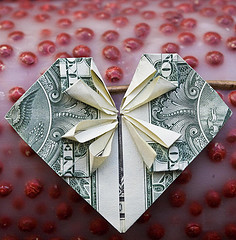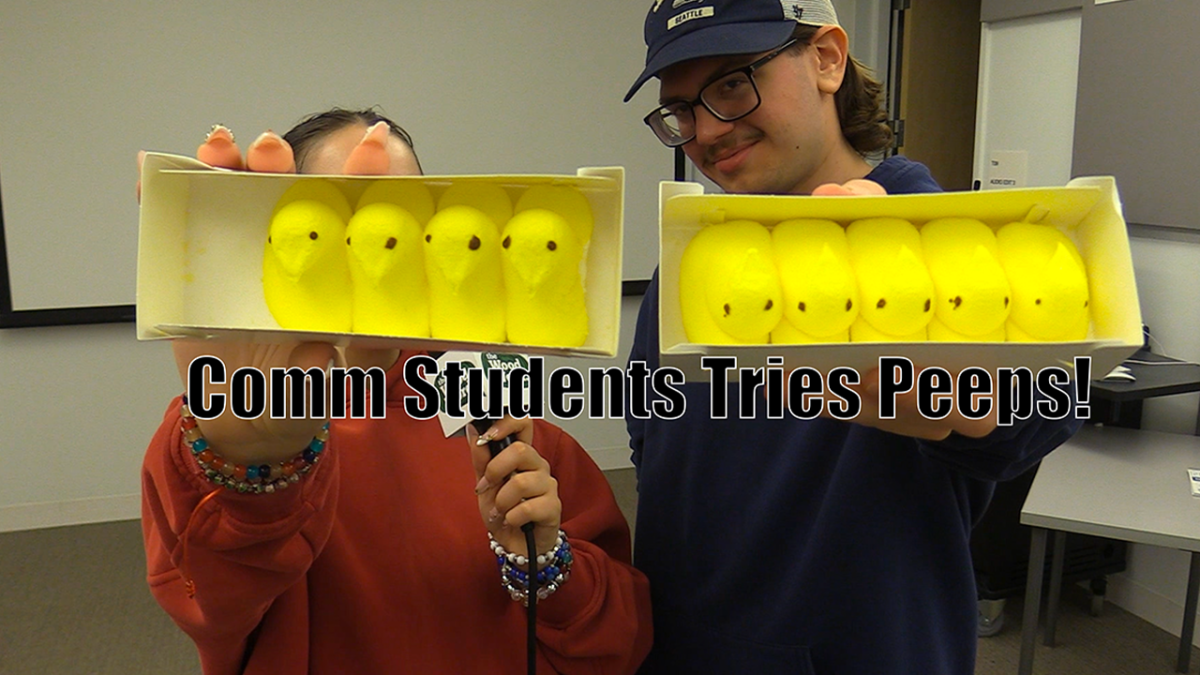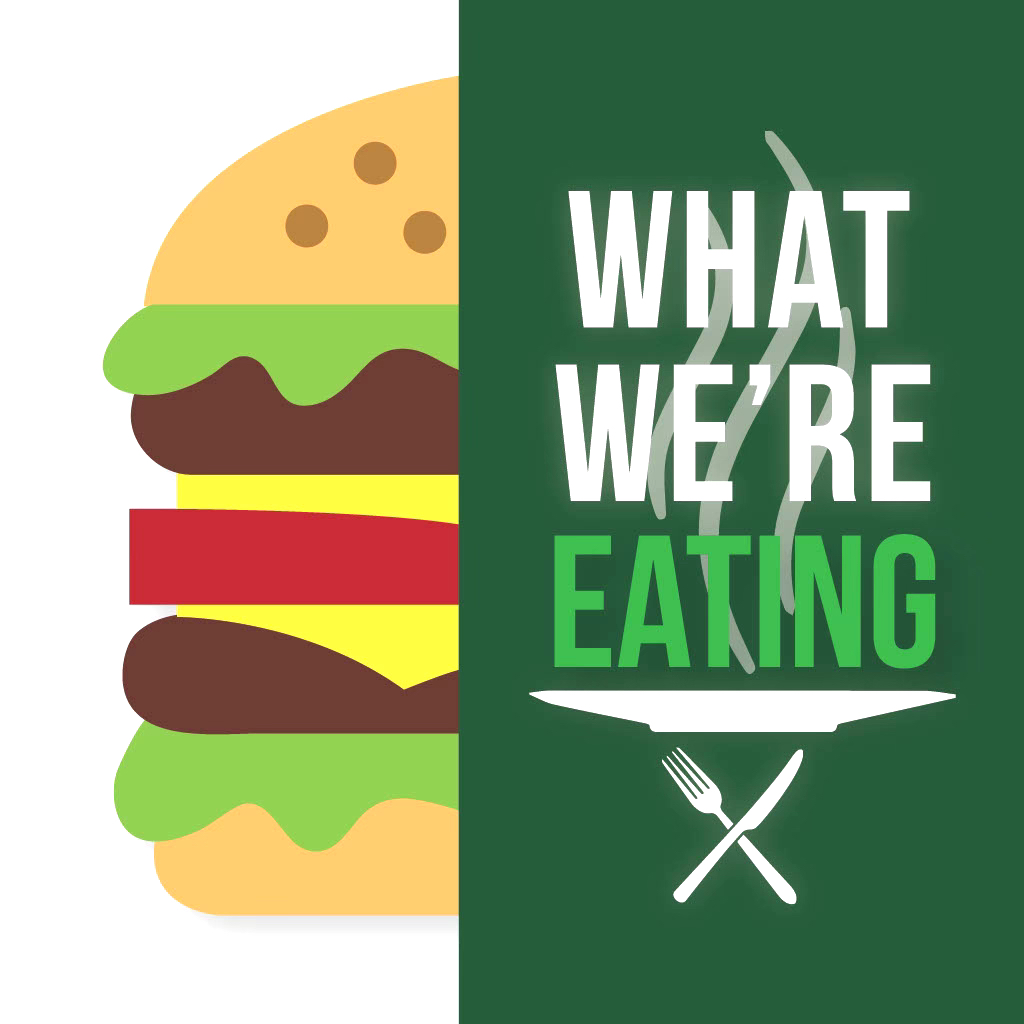
- Image by Thomas Hawk via Flickr
Roxanne DeAngelo
Staff Writer
Money has been the driving factor of life since man can remember. Ancient kings and civilizations have been destroyed over the want of money and even today we have many songs, movies, and television shows about the drive for money. The two most famous questions in the world would of course involve money.
“Can money buy you love” and “Does money really buy happiness?”
“Can money buy you love?” Is the first to come to mind and most likely the least appealing of the two.
As Eddie Murphy once stated in his traveling tour Raw, “Love and Money does not mix,” and he isn’t the only one to think so. “Can’t Buy Me Love” by The Beatles was a hit back in the 1960’s, and hinted on the fact that material objects were nice but they couldn’t get a person in search of love what they really wanted.
Mainly because this would be considered ethically wrong by most, people tend to stray from this question, in fear of being prosecuted for their opinions. No one wants to look shallow but isn’t it true we buy our loved ones items for holidays and Valentine’s Day not wanting to be rejected?
That being said, our other question would be “Does money really buy happiness?” Considering the recent economic downward spiral it has come up quite often in discussions. If money were more readily available to those with hardships, wouldn’t it relieve them of their daily financial stress and allow him or her to concentrate more on their personal and emotional well-being?
For researchers, however, this simple logic will not do. Going beyond just being strapped for cash, a theory had to be put to the test.
Recent studies from Princeton University suggest $75,000 to be the cut off point to a person’s over all happiness. Although earning over $75,000 seems to produce a happier life it has also been discovered that it is not a quick fix to one’s observation of daily life. For example: The lower an individual’s annual income would drop from this supposed amount the unhappier they might feel. On the contrary, if they made more than the $75,000 they wouldn’t gain any more happiness than before. How can this be?
The study, which was conducted by economist Angus Deaton and Nobel Prize winning psychologist Daniel Kahneman breaks down happiness into two similar but different categories.
The first is Emotional Well-Being or the quality of a person’s EVERYDAY life experiences; this includes feelings such as (but are not limited to) joy, fascination, anxiety, sadness, anger, and affection. The second is based on a much longer time scale called Life Evaluation, which in other terms are a person’s overall thoughts about his or her life and whether they feel they should have achieved more by this point in life.
Since they are different and cannot be measured the same, the Gallup Organization and the Healthways Corporation surveyed a portion of the public, 450,000 residents to be exact, back in 2008 and 2009. Some questions asked included one’s income, how they felt the day before, and on a scale from zero to ten, [zero being the worst and ten the best possible life] “where do you think you stand at this time?”
Their findings were as followed. Although most were particularly satisfied with their lives in general they statistically broke it down. 85% of Americans regardless of income had feelings of happiness from day to day, 24% had feelings of sadness or depression while 40% (not excluding those feeling happy) had feelings of stress.
They have also discovered that a person’s life evaluations rises steadily with income but their emotional daily experiences will eventually have a plateau effect. This can be interpreted to mean money can bring you a life in which you believe to be better but it cannot buy you happiness on a day-to-day basis.
They also noted that life circumstances play a significant role in determining a person’s life evaluation and emotional well-being. For example, emotional well-being is better around holidays. At this point in time the studies show younger generations have a much higher life evaluation with less emotional well-being, especially those in school.
These studies end up showing us even when you can afford items in life, which make us happy, or we think can make us happy, it comes down to our day-to-day experiences that determine how happy we really are.










